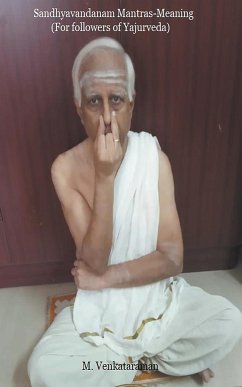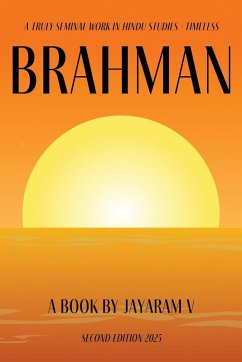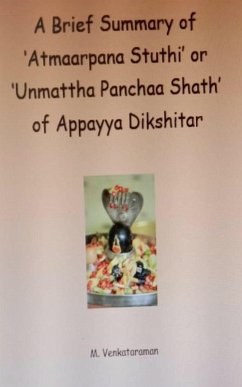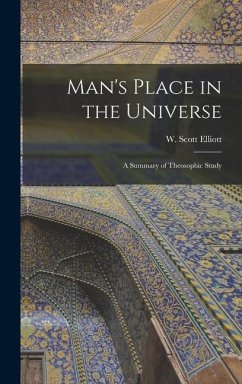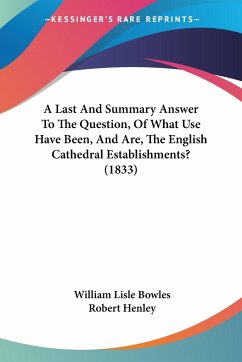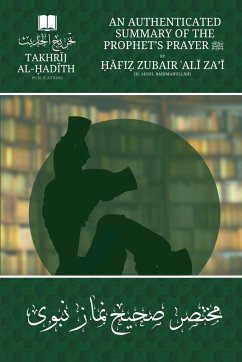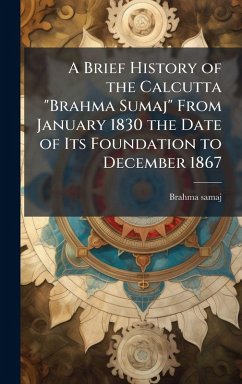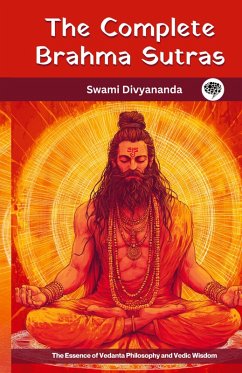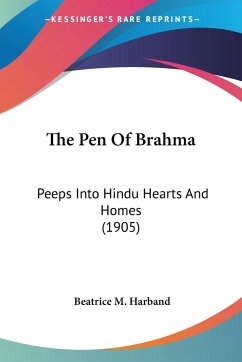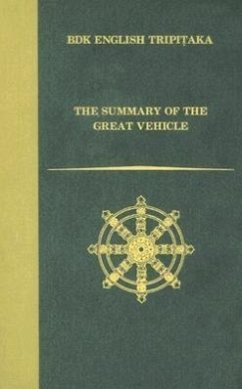
A Brief Summary of the Yajurveda Brahma Yagnam

PAYBACK Punkte
8 °P sammeln!
Brahma Yagnam is one of the important daily rituals to be performed by those following the Sanatana Dharma particularly those belonging to the brahmin community. It is a very simple process and would involve approximately 10 to 15 minutes daily. As is well known, the Vedas have been classified into four groups by Sage Veda Vyasa as Rig Veda, Yajur Veda, Sama Veda and Atharvana Veda. Hinduism prescribes the learning, preserving and propagation of the Vedas particularly by the brahmin community. So, everyday after the Sandhyavandana in the afternoon, the learning process of the Vedas is required...
Brahma Yagnam is one of the important daily rituals to be performed by those following the Sanatana Dharma particularly those belonging to the brahmin community. It is a very simple process and would involve approximately 10 to 15 minutes daily. As is well known, the Vedas have been classified into four groups by Sage Veda Vyasa as Rig Veda, Yajur Veda, Sama Veda and Atharvana Veda. Hinduism prescribes the learning, preserving and propagation of the Vedas particularly by the brahmin community. So, everyday after the Sandhyavandana in the afternoon, the learning process of the Vedas is required to be done. As a prelude to this process, the first mantra from each of the four Vedas is recited. While doing so, other important deities are worshipped in brief and tarpana, which may be called as oblations in English, is given to the Devas, Rishis and Pitrus. This is the Brahma Yagnam. A brief summary of the various mantras contained in Brahma Yagnam relating to the Yajurveda followers is given in this book along with the mantras. An addendum containing the Sandhyavandanam Mantras has also been added.





